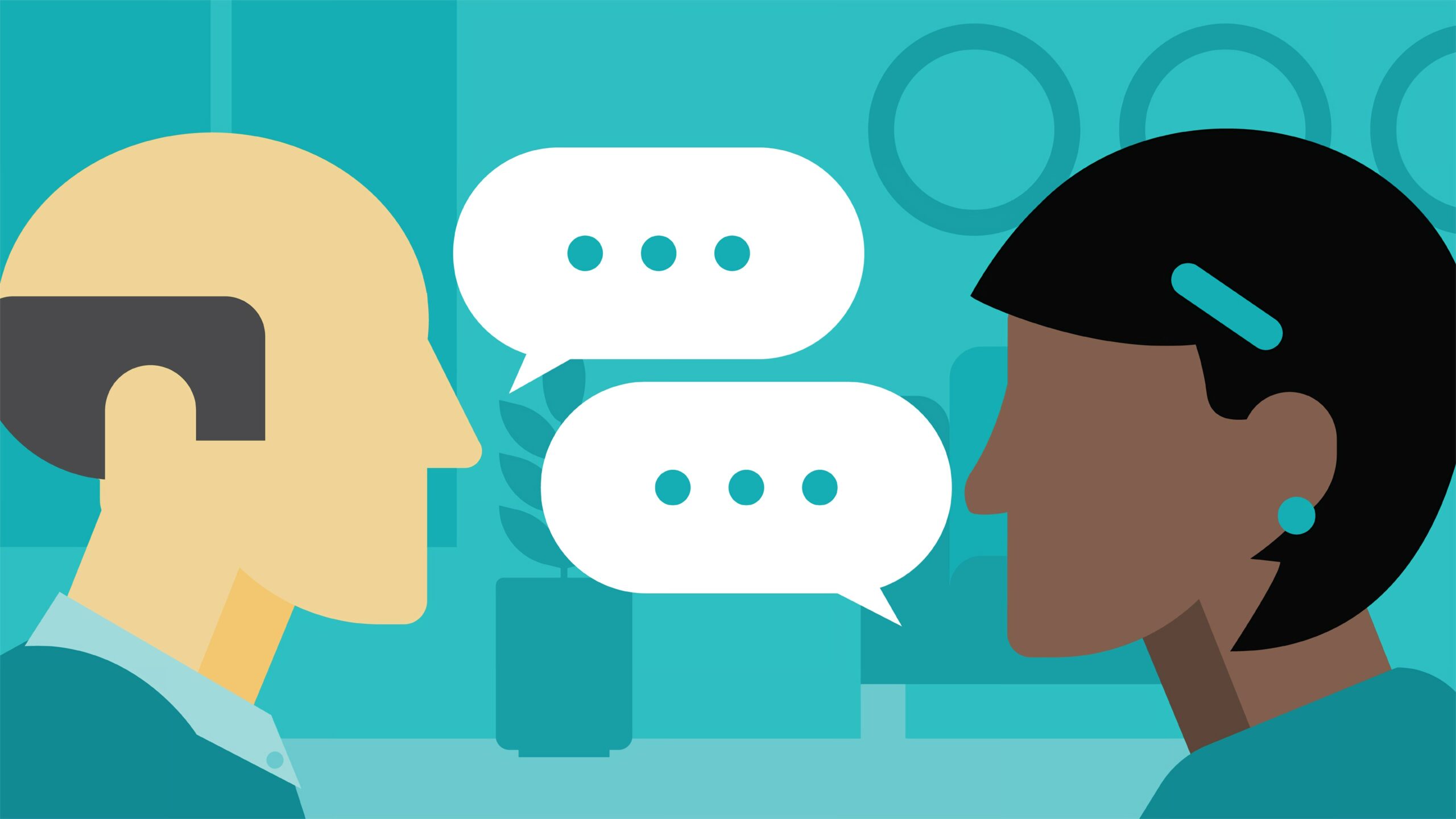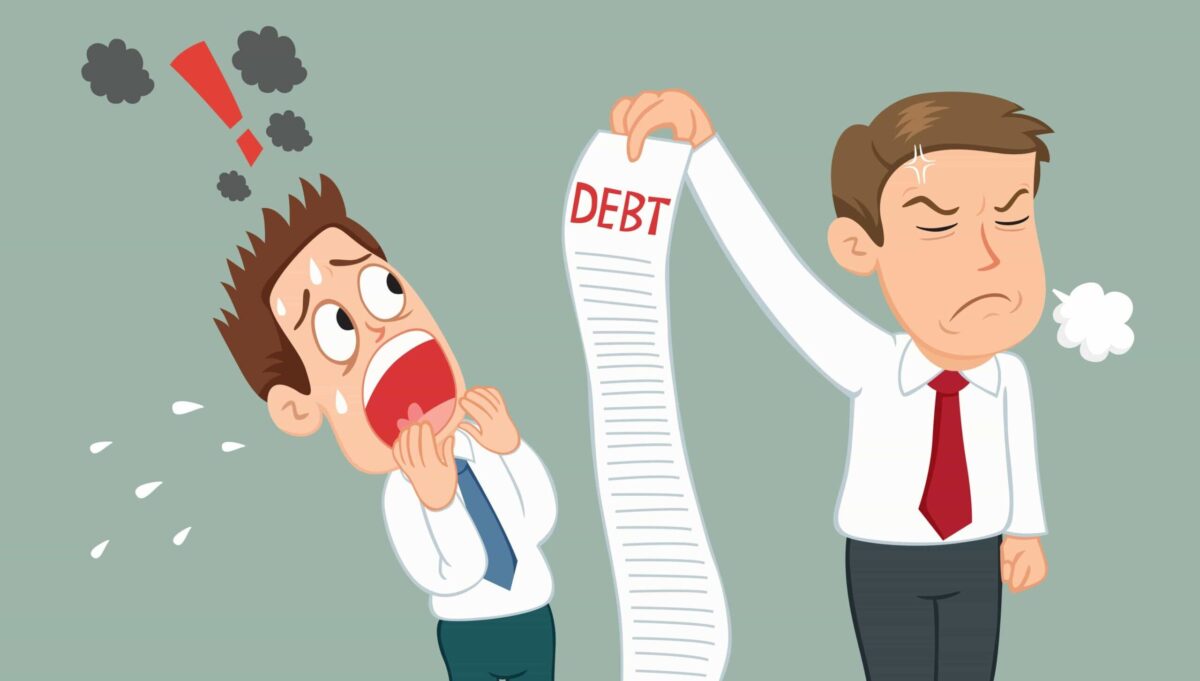1. Let the other person completely express what they are trying to say, and listen carefully and focusedly to fully understand what they want to communicate to you.
2. Show your attention and focus on what he says, and take care to monitor his body movement and facial expressions.
3. Encourage the speaker to extend the conversation by asking inquiring or open-ended questions from time to time.
4. Remove distractions as much as possible, such as the phone and side conversations with others, and make sure to communicate in an appropriate environment.
5. In your response to him, be patient in explaining your point of view more than once in case you feel that he did not fully understand what you mean.
6. If you are feeling upset or angry, put off any kind of communication until you have calmed down and thought clearly.
7. In general, do not give others advice that no one asked you, especially those related to their lifestyle, unless you feel that it directly threatens their health or life. Here you have to take care of the correct advice style, which is calm and individual, and emphasize the interviewee’s good points. Then, give him your advice wrapped in a nice way, far from personal abuse or harsh criticism. Keep it as light as possible and emphasize that you accept this person no matter what.
8. Answer the questions directly. Don’t delay answering unnecessarily, unless you plan to say something that will answer it.
9. Answer the questions with the necessary information and not with a lengthy explanation that distracts the listener.
10. Be clear about the scope of the topic, your goals, and the purpose behind opening it in the first place.11. Try to get feedback from the listener continuously to make the conversation multifaceted and not exclusive to you.
12. Ask the listeners for opinions when you feel conflicted.
13. Be flexible to adjust your language according to the audience or recipient of the message, from complex to simple or even vice versa. An educated person may feel that you do not respect his mind when you use poor or crude language with him.
14. Don’t forget to use your body to express and emphasize the idea you are trying to communicate. If you are expressing something positive, match your hand gesture or facial expression with it, and vice versa.
Components of the communication process
Before you know the most popular communication skills, you need to know what the components of that dynamic process are. Because you can only truly understand and embrace it if you fully comprehend how it operates, what elements it affects, and the significance of each of these elements.
How would you feel if you were addressing someone about something critical to you or even a passing matter and you found him messing with his phone or joking with a passer-by?
In a recent study, it was found that all types of communication have a relative value, which determines the criteria of one’s intelligence in the communication process.
- Writing 9%
- Re 16%
- Speaking 30%
- Listening 45%
As you can see, listening gets the lion’s share of the value of communication skills. However, if you have noticed our previous advice, you will find that most of it revolves around being a good listener. In the following sections and lines, we will elaborate more and more on this aspect.

Elements of communication
Sender: He is the person who initiates the communication process first by opening a discussion or bringing up a topic, either verbally or in writing.
Recipient: The person who receives the message or is a party to the discussion and interacts with it and its presenter.
Message: It is the set of information and ideas exchanged between the sender and the receiver.
The medium: It is the method of sending and receiving these messages or conversations, which are either verbal, textual, or visual, as we have shown.
Response: It means a reaction and response to the content of the message or conversation, whether in agreement or opposition, acceptance or rejection, or even ignoring it completely.
Read also: The most important ways to improve listening skills



